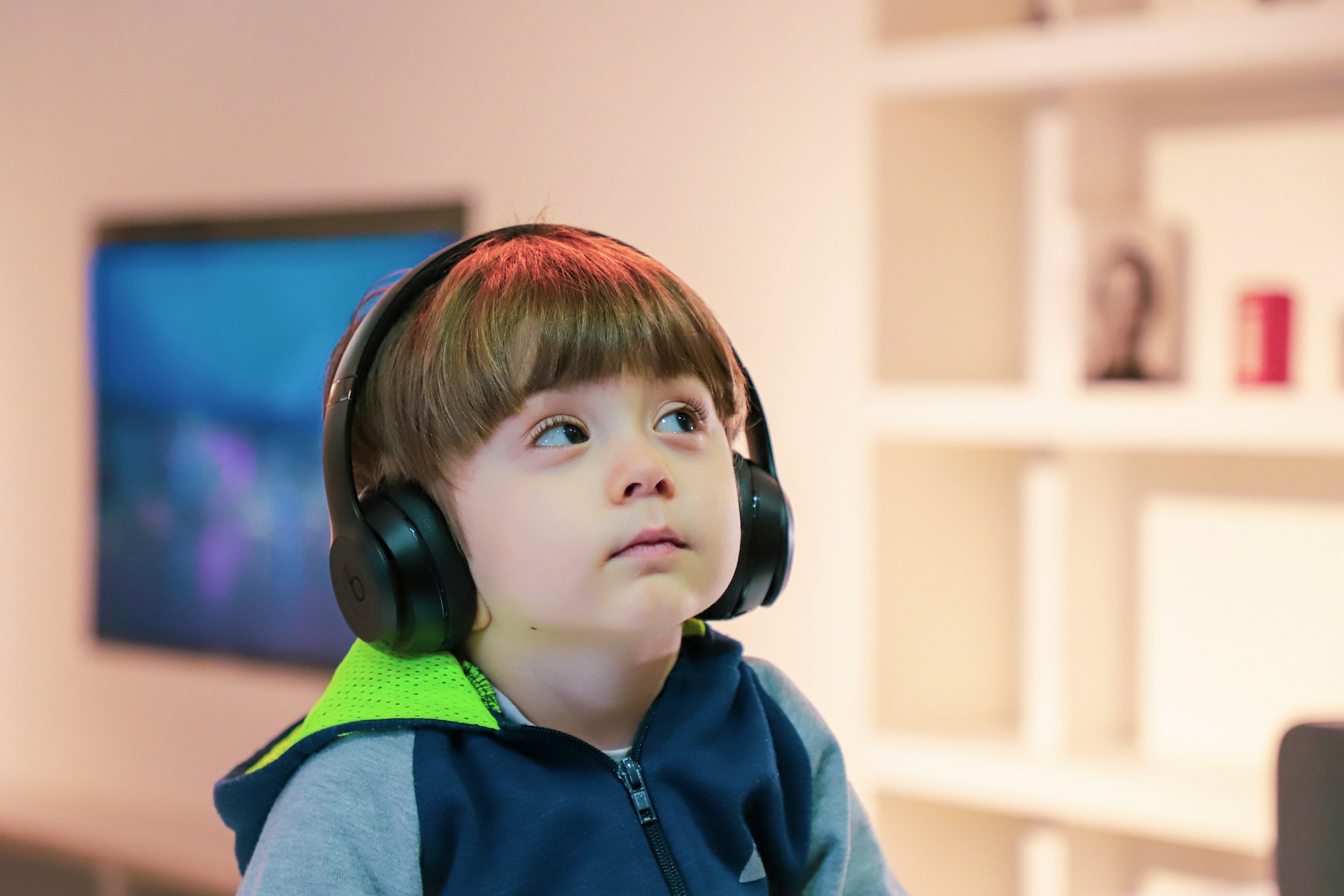
Summary of Services
- Serves over 60,000 Floridians with intellectual and physical disabilities to help them live more independent and fulfilling lives
- Offers access to dental care, behavioral analysis, speech therapy, occupational therapy, and other specialized therapeutic services
- Provides life skills training, nursing care, medical supplies, residential placement, transportation, and family caregiver assistance
- Connects individuals to Florida KidCare, an affordable health insurance for children (birth–18 years) and Florida Navigator, an online tool for families and caregivers to find local and statewide services
Supporting Individuals to Live More Independent, Fulfilling Lives
Established in 2004, the Agency for Persons with Disabilities (APD) supports individuals throughout Florida with physical and intellectual disabilities. Today, the agency serves more than 60,000 people across the state, helping them lead fuller, more independent lives. APD provides access to services that promote health, development, and community inclusion.
These services include dental care, behavioral analysis, occupational and speech therapy, specialized therapeutic services, and life skills development. The agency also offers support for medical supplies, transportation, nursing care, residential placement, family caregiver support, recreational opportunities, and individualized support planning. In addition to direct services provided by APD, individuals may benefit from other state-supported programs.
Florida KidCare offers health insurance options for children from birth to age 18, and the Florida Navigator is an online tool that connects individuals with disabilities, their families, and caregivers to information about available resources and services across the state.
Determining Your Eligibility for APD Assistance
To be eligible for APD services, individuals must meet several criteria. Applicants must be legal residents of Florida and at least three years old. They must also have a qualifying diagnosis such as spina bifida, Down syndrome, autism, Prader-Willi syndrome, or Phelan-McDermid syndrome.
Proof of disability is required and can be submitted through medical records, school documentation, or other official evaluations. Applications should be submitted by mail or in person to the applicant’s local APD regional office. For residents of St. Johns County, this is the Jacksonville regional office. All applications must include the signature of the applicant, or, in the case of minors or legally incapacitated adults, a parent or legal guardian.
Working Together With Providers to Promote Safe and Effective Services
Beyond assisting individuals and families, APD guides and regulates service providers caring for people with developmental disabilities. The agency assists providers with obtaining the necessary training and licensure, completing background screenings, and accessing behavioral services resources.
APD also provides support in areas such as incident reporting, billing and payment processes, medication administration, employment programs, service coordination, and living arrangements.